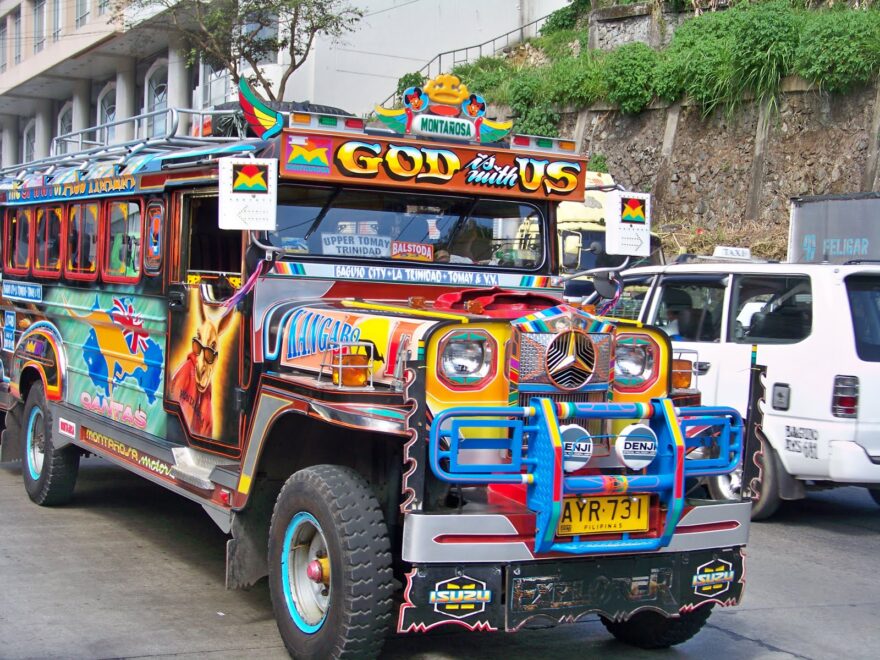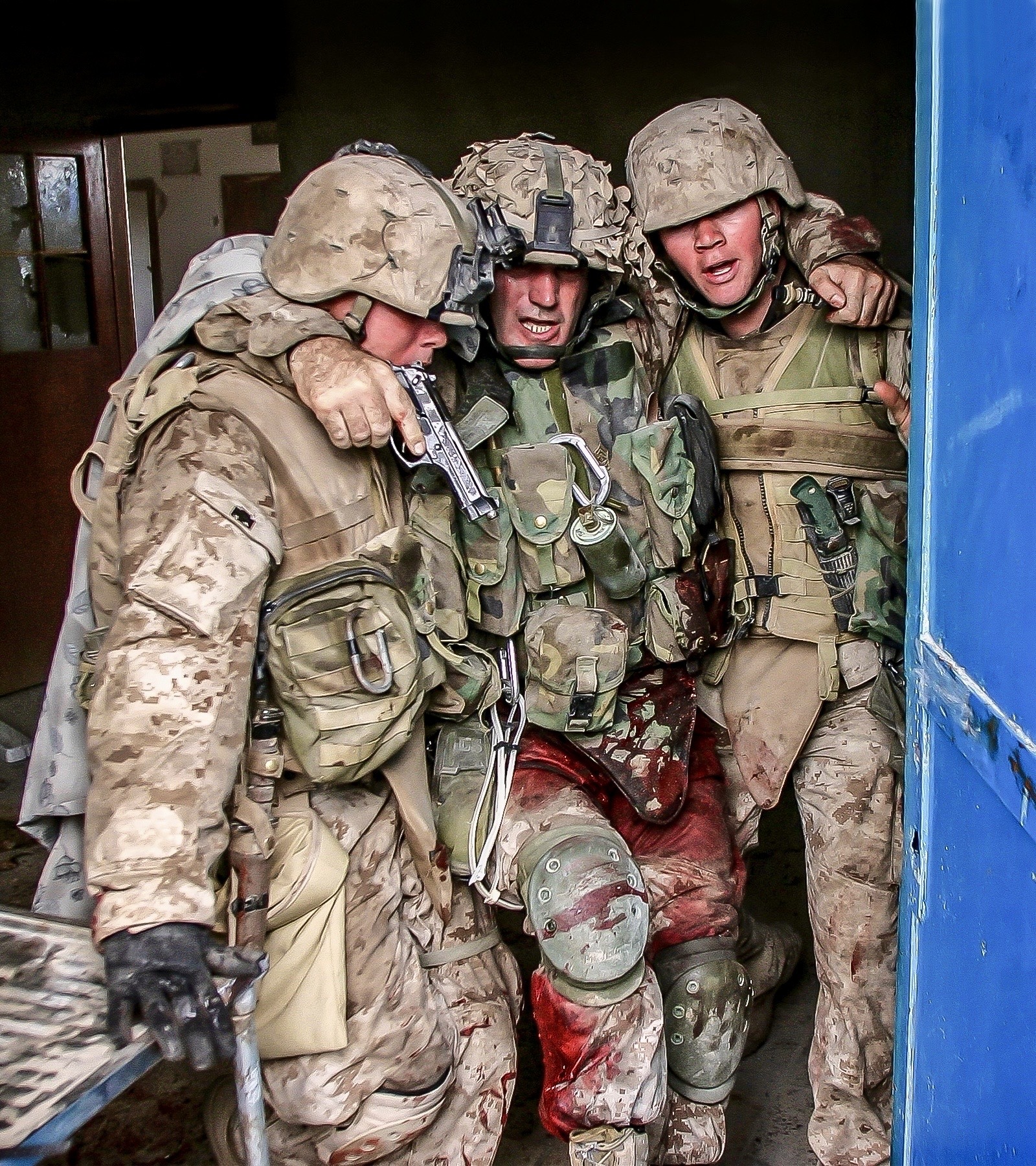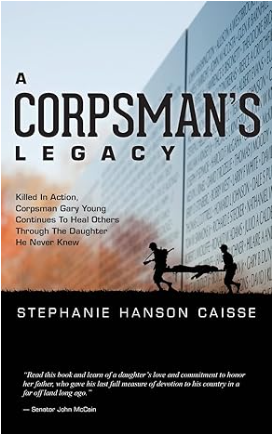Between 1960 and 1992, Subic Bay in the Philippines played host to a significant U.S. Marine Corps presence as part of the broader American military presence in the region. This era saw Marines stationed in Subic Bay, not only for strategic reasons but also for well-deserved rest and relaxation (R&R). While the primary purpose of their presence was military, this period also marked the intersection of cultures and the development of unique relationships with the local community.
For Marines stationed in the Philippines, Subic Bay offered a much-needed respite from the rigors of military life. R&R was an essential part of maintaining morale and providing a brief escape from the demands of service. Marines could enjoy some downtime in a tropical paradise, complete with beautiful beaches, vibrant nightlife, and opportunities for cultural exchange.
The presence of American servicemen in Subic Bay had a significant impact on the local community, particularly in Olongapo City, which was adjacent to the naval base. The bars, clubs, and entertainment establishments in the area became synonymous with the R&R experience for Marines and sailors.
Who remembers the humid night air in Olongapo being filled with the lively sounds of laughter and really great music as you step onto Magsaysay Drive on a Saturday night for an unforgettable evening of bar hopping. The adventure might begin at “Magsaysay Milestone,” a cozy bar that welcomed patrons with a friendly atmosphere. You are escorted to a comfortable chair and asked, “What ship you from Sailor?” You respond with “I’m a Marine!”. Instantly, a newfound fervor electrifies the atmosphere, like an overture before a symphony, as the local band jams classic rock tunes one after another, setting the perfect mood for the night. You order a few cold San Miguel beers and enjoy the girls and tunes.
While the primary attraction for many Marines was undoubtedly the opportunity to unwind and enjoy the company of local girls, this period also saw the exchange of cultures. Many Marines developed genuine friendships with Filipinos, learning about their traditions, customs, and way of life.
The relationship between Marines and the local community was not without its complexities. While many servicemen formed genuine connections with local women, there were also instances of misunderstandings and challenges stemming from cultural differences and language barriers. These experiences highlight the complexities of such interactions during that time.
The era of the U.S. Marines in Subic Bay and nearby Olongapo City came to an end in 1992 when the Philippine Senate voted to terminate the lease agreement with the United States, leading to the closure of the naval base. This decision marked the end of an era and a significant change in the region’s geopolitical landscape.
The presence of the U.S. Marines in Subic Bay during the years between 1960 and 1992 was a multifaceted experience, involving strategic military considerations, opportunities for rest and relaxation, and cultural exchange with the local community. It was a time when young Marines found a temporary escape from the demands of military service and formed connections with a different culture in a unique and sometimes challenging environment.
Amidst the often-somber circumstances faced by many Filipinos, some of us made earnest efforts to make a positive difference in their lives, even if only for a day of camaraderie. Regrettably, there were instances where military personnel fathered children and subsequently left them, a painful reality that could not be ignored.
While this era has come to a close, it remains a part of both American military history and the shared history between the U.S. and the Philippines.
Cpl. Beddoe

 Our legacy lives through the stories we tell. The Suck Life wants yours! Make Chesty proud!
Our legacy lives through the stories we tell. The Suck Life wants yours! Make Chesty proud!



 Semper Fidelis
Semper Fidelis




Clearing my mind, this was the first story of my 1966 Vietnam tour memories with BLT 3/5 that I wrote. (The remarks are from when I posted it on Sgt. Grit.)
It was sometime in mid-1966, somewhere off the Vietnam coast, we were returning to our ship after another search and destroy operation. As I stepped onto the deck, and knowing most of the deck crew from my helicopter guard duty while on the ship, I could see the startled expression on a swabbie’s face. Not knowing if it was the aroma from fifteen days of sweat, gunpowder, insect repellent and rice paddy mud or the unshaven face, I just grinned. Recognizing me, he said “Hey Jarhead, what did you do, scare ’em to death?” I replied “Yeah, VC number ten.” He then said “I’ve got the latest scuttlebutt.” I replied dryly “What’s that, some chicken shit inspection?” He laughed and said “No, we’re floating back to Subic to confuse enemy observers for a few days and having liberty call instead of training.”
Ski, our wireman, said he knew the perfect place for us to go and unwind.
As we entered the Philippine waters we floated by the USS Enterprise, and it felt like we were on a tug boat.
Soon as the ship docked, “Cinderella Liberty” was sounded and five of us headed directly to the best off-limits, restricted slop chute in the Olongapo City’s wild side.
After a few boisterous hours of flowing booze, a classic, all-out brawl started. Broken bottles, tables, chairs, fists and bodies flying, Uncle Sam’s Misguided Children, the squid sea going bellhops, some mean local patrons and everyone else . . . I felt like it was an episode of “McHale’s Navy.” So, I said to myself “Self . . . What stupid? . . . this is getting risky, and that naive, prick sergeant (personalities clash from day one, I had one he didn’t) would love to see me get office hours,” so out the back door I went and somehow made it back to the ship on time.
Once on board, I waited by the gang plank for Ski and the rest of the group who returned in a Shore Patrol paddy wagon. After taking some ribbing for leaving the festivities early, I just said I’m planning on keeping my remaining supply of odds against danger for the combat zone.
No bullshit GI.
A. L. SYOR
Bob says:
June 6, 2017 at 10:07 am
Same unit (Blt 3/5) and same ship. Was a 1 st Bn. , B Co. 1 st Engineers, 3 rd Plt . attached. Same operations. Same liberty maybe same bar fight. Remember Deckhouse I, II, Hastings, Nathan Hale, Colorado? And others. Rock pile, Hill 400 and 480. Semper Fi!
Reply
June 11, 2017 at 3:15 pm
Semper Fi! Operation Hastings/Lam Son-289 was the largest and most violent operation of the war up to that point and involved 8,000 Marines and 3,000 South Vietnamese. The number of North Vietnamese regulars engaged equaled the total American and South Vietnamese strength. During the battle, the Marines fought elements from all three regiments of the 324B Division: the 99th, the 803d, and the 812th. The battles of Operation Hastings lasted throughout the month of July 1966 until the NVA abandoned their plans for an invasion of Quang Tri. Pulling back to North Vietnam, they had left 882 KIA and 17 captured. They lost hundreds of weapons and tons of ammunition.
The price the Marines paid in pushing them back across the DMZ was 126 KIA (RIP) and 448 WIA in the three weeks of the operation. The operation ended on August 3rd, 1966.
(I was with Special Landing Force BLT 3/5, 81’s attached to Lima and while we were physically and mentally combat hardened from previous operations, the length, continued movement and repetitive action of this operation most definitively proved our mettle.)
Mike hayes says:
June 11, 2017 at 10:03 pm
Great story. Great memories. I think any of us could have written it at that time. Thanks for recharging my batteries. At that time: PFC Mike Hayes, Fox Battery 2/11/BLT3/5
Repy Andy Syor says:
June 12, 2017 at 1:57 pm
Yep, the youthful adventures of “everyman” Marines! Semper Fi